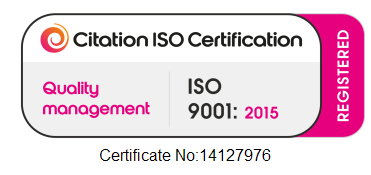Many words are used to refer to people who have a problem with substance use and many of the words used mean different things to different people. The myths and stereotypes often associated with some of these words can be unhelpful when discussing and thinking about the subject. This is why we find it helpful to lay out as clearly as we can the two parts of the issue. The signs of a problem and the patterns of behaviour associated with them.
If the Answer to the following two questions is yes,there is a problem with substance use
Does the use of drugs or alcohol result in significant distress or impairment in personal, family, social, educational, occupational or other important areas of functioning?
Despite this significant negative impact, does the substance use continue?
When people are struggling to acknowledge that they have a problem, we often hear reasons why they are OK. Typically the comments include things which compare behaviour to the stereotypical figure of an addict. From the film Train spotting for instance. However, this can be very misleading.
Broadly speaking there are three patterns of use.
Seemingly random instances of harmful use
Harmful use which fits a clear pattern for example every weekend
Harmful use takes over the daily life of an individual
Whichever one of the above is the pattern the crucial question is, whether the pattern of behaviour persists despite the negative effects. In clinical jargon, this shows impaired control over the behaviour.
Simply put the person is likely to need support to change the behaviour and stop the harm continuing.
Where the specific type of behaviour or pattern is most important is when services like ours begin to work with people to find the best way to support them to change their behaviour.
This is where we begin to work in partnership with people and agree on the best way forward for them.

You are not odd or an alien from another planet, you are just someone who has a problem with using drugs or alcohol
If you’re struggling with alcohol misuse, you are not alone. Right now, more than 1.1 million men and women are dependent on alcohol (6% of men and 2% of women nationally).
If you’re struggling with the use of other drugs, you are not alone. In 2020 around 1 in 11 adults aged 16 to 59 years had taken a drug in the last year (9.4%; 3.2 million individuals).



